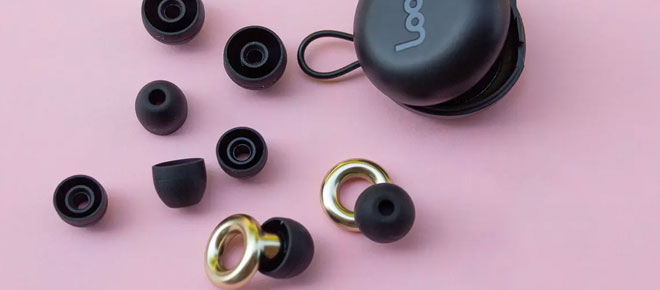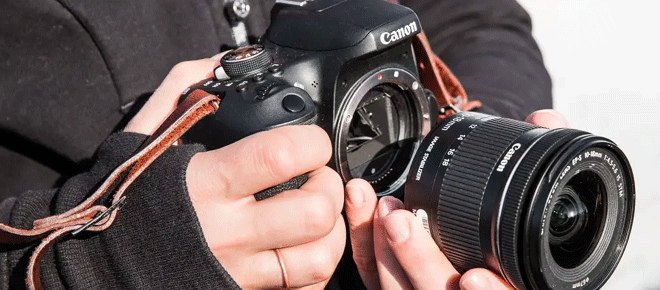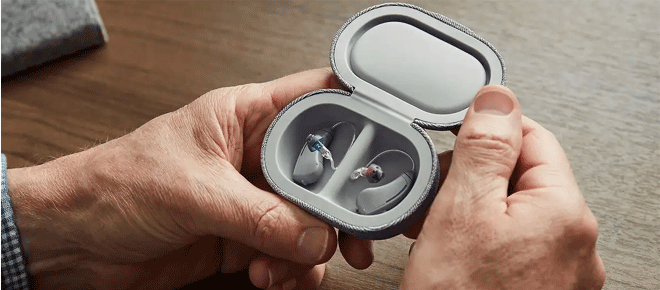The Importance of Earplugs for Noise Protection

Ear plugs can significantly reduce ambient noise and prevent hearing damage from prolonged exposure. They are also useful for people with conditions like misophonia, ADHD, or autism that make them overly sensitive to sound.
Foam types that expand to fit the ear canal are commonly available at drugstores and hardware stores. Reusable silicone options like Loop Experience are softer and can be washed, but may not block as much noise.
Noise Reduction
Whether you’re at work, at home, or in a loud environment, earplugs provide noise reduction to keep your ears protected from damaging sounds. Most earplugs are made of foam or soft silicone and come in a range of sizes so they can fit comfortably in your ear canal. There are disposable packages of earplugs available for under $10 and reusable silicone types that you can wash between uses.
Most earplugs reduce noise by about 20 decibels but this can vary by the type of earplug. For example, earplugs that are rolled up into a long and thin tube and then inserted into the ear canal only reduce the low frequencies while leaving high frequencies alone. This can make music sound muffled and leave you vulnerable to dangerous levels of sound when you remove the earplugs.
A reusable silicone earplug that is carefully designed and fitted to your ears can eliminate this problem. These earplugs have a special design that allows you to hear your voice and another ambient sound while they reduce impulse noise such as gunshots, explosions, and other loud, high-impulse sounds. They also allow you to retain the ability to hear spatial awareness and directionality while wearing them.
Earplugs that are designed for sleeping are another important type of ear protection because sleep is essential for good health. Whether you are a light sleeper or have a snoring partner, noises in the street, in other homes and buildings, and even from your snoring can keep you awake during the night, making it difficult to get the restful sleep that is so important for healthy living.
Earplugs that are specially designed for sleep can be extremely helpful in overcoming these problems by blocking road noise, any other low or middle-frequency sounds, and even some snoring. The result is a calmer, more relaxed sleeping atmosphere that makes it easier to get the deep sleep you need for your body and mind to operate at their best. This, in turn, promotes better mental and physical health throughout the day. If you're considering these earplugs for a more peaceful sleep, be sure to search for the latest Loop Earplugs UK Vouchers to save on your purchase and enjoy a quieter and more restful night.
Noise Cancellation
Earplugs and ear muffs are often marketed with a single number rating on their label, known as the Noise Reduction Rating (NRR). This is an indication of how much noise they can reduce when properly inserted. Unfortunately, many studies have shown that the actual level of sound reduction is often far lower than the advertised NRR.
Whether you’re at work or a concert, noisy environments can be distracting and even harmful to your hearing. For example, prolonged exposure to music above 85 decibels can cause temporary hearing loss. By wearing earplugs at concerts, you can avoid this risk and enjoy the show without damaging your ears.
Additionally, if you’re constantly disturbed by the loud ringing in your ears from phones, radios, and conversations in open office settings, you can block out this noise with active noise-canceling earplugs to focus on work without distraction. Lastly, sleeping with earplugs is an effective way to get a good night’s rest and prevent disruptive sleep patterns that can lead to health issues in the future.
Despite these benefits, it’s important to note that a majority of workers are not achieving their desired level of protection from their HPDs. This is due to poor insertion and fit, which can result in a high amount of leakage around the ear cavity.
A study of auto parts factory workers found that the average LAeq,8h of those who wore earplugs was 87 dB, significantly lower than the target PAR of 85 dB. The workers in this study received group training and annual refresher sessions, but previous studies have found that these methods fail to teach workers how to insert earplugs correctly [7]. Fortunately, individual training along with HPD fit testing has been shown to teach workers to properly wear their earplugs and achieve their desired level of attenuation [9].
Keep in mind that while the NRR on a box of earplugs indicates how much noise they can block, this figure does not necessarily correlate with how well they’ll protect your ears in real-world conditions. For instance, if you’re in an environment with a noise level of 95 dB and your earplugs have an NRR of 31 dB, they’ll only reduce the noise to 64 dB at best. To ensure that you’re receiving the maximum protection from your earplugs, be sure to test them in noisy environments, such as a factory or concert venue.
Comfort
The type of earplugs you choose to wear will have an impact on how well they work and how comfortable they feel. Experiment with different kinds to find what feels best and offers the greatest noise reduction. Some earplugs fit directly into the ear canal, while others cover the entire outer ear. Many disposable earplugs are made of foam, although there are also reusable silicone options that cost more.
Earplugs are a must at concerts, where the sound levels can top 120 decibels or more. Basic foam earplugs from your local drugstore will block some of the sounds, but they also degrade it and may make the music seem muffled. If you’re serious about protecting your hearing, invest in a pair of earplugs that are designed with music lovers in mind and backed by lab testing to confirm their sound attenuation.
If you’re looking for a good sleep aid, some earplugs are specifically designed to prevent street noise and other low-frequency sounds from interrupting your sleep cycle. They offer a more subtle noise reduction and can allow you to hear conversation at normal levels. These types of earplugs are a great option for light sleepers and those with snoring partners.
Other types of earplugs include molded earplugs that are custom-made to fit your ear canal. They are a little more expensive than other earplugs, but they can be very comfortable when properly fitted. You will need to take time to heat and mold them to your ears, but you can remold them if you don’t get them right the first time.
Some earplugs come in pre-molded forms to reduce the hassle of rolling them. These can be more comfortable to wear for longer periods, but you should always test them out in advance to see how they feel.
New technologies are allowing scientists to create more lightweight and comfortable earplugs. Some models are even incorporating two-way communication technology to give users the ability to hear their environment without compromising their hearing protection. The future of earplugs looks promising, with a range of options available to meet any need, from sleeping to attending concerts. To stay up to date with the latest advancements in earplug technology and get the best deals, consider searching for Accessories Discount Codes before making your purchase.
Safety
Earplugs can help people who are sensitive to sound, especially those with conditions like misophonia or ADHD, focus better. They can also reduce the noise from those around you, helping you to relax, sleep better at night, and enjoy a quieter life.
Passive earplugs mitigate the amount of sound that reaches the cochlea in your ears, mitigating hearing loss over time. You can find basic versions at drugstores and hardware stores, typically made of foam. You can also get custom earplugs to ensure you have the best fit and the highest level of protection available.
Foam plugs are the most common and inexpensive. They offer blunt, indiscriminate sound blockage and are a good choice for sleeping and blocking environmental nuisance sounds, but they don’t block out lower-frequency sounds like music or snoring. A better option is a flanged earplug that offers more intelligibility by allowing your ears to “hear” their resonant frequencies, which boosts clarity and allows you to hear the low rumble of your heartbeat and breathing.
You can find a wide range of custom-fitted earplugs, including molded earplugs that are custom-shaped to your ears. These are the most comfortable earplugs, but you will need to take care to remove them with clean hands after each use. Otherwise, they will become dirty and prone to infection.
A reusable pair of foam earplugs can be washed in mild soap and water to extend their life. You’ll need to replace them regularly, though—especially in dirty environments.
For those who need to work around loud equipment or are exposed to continuous loud noise, a pair of earplugs is a simple and effective way to protect your hearing over the long term. However, you should always seek out the advice of an audiologist or industrial hygienist/bioenvironmental engineer to determine the best type and style of earplugs for your specific needs. They can also advise on the proper training to prevent workplace injuries and keep workers safe at all times.
Conclusion
Earplugs are an essential tool for protecting your hearing from loud noises. Whether you work in a noisy environment or attend concerts or sporting events, wearing earplugs can help prevent hearing loss and other related issues. Additionally, using earplugs can improve your overall quality of life, as protecting your hearing allows you to continue enjoying the sounds you love for years to come. So make sure to invest in a good pair of earplugs for your health and well-being.








